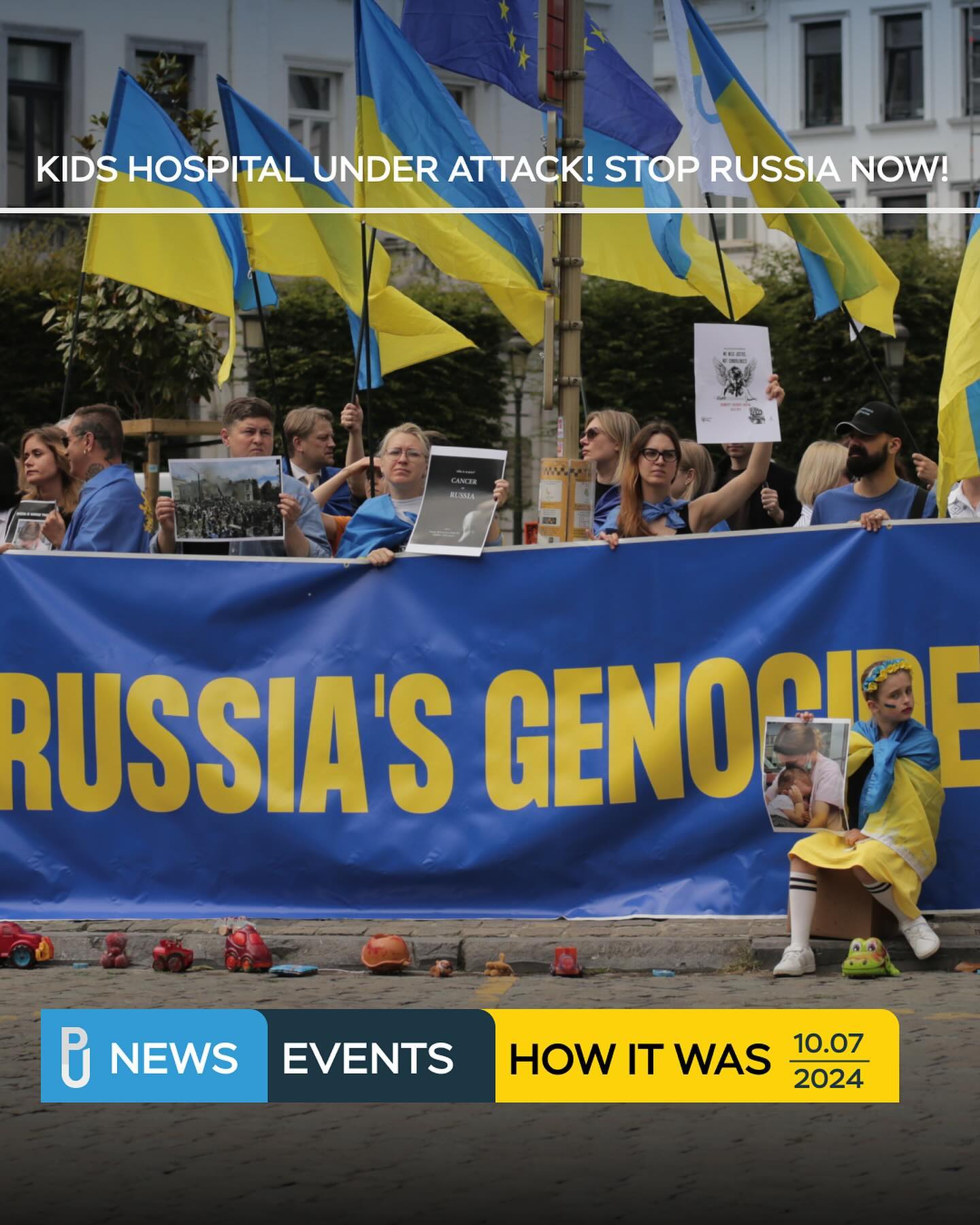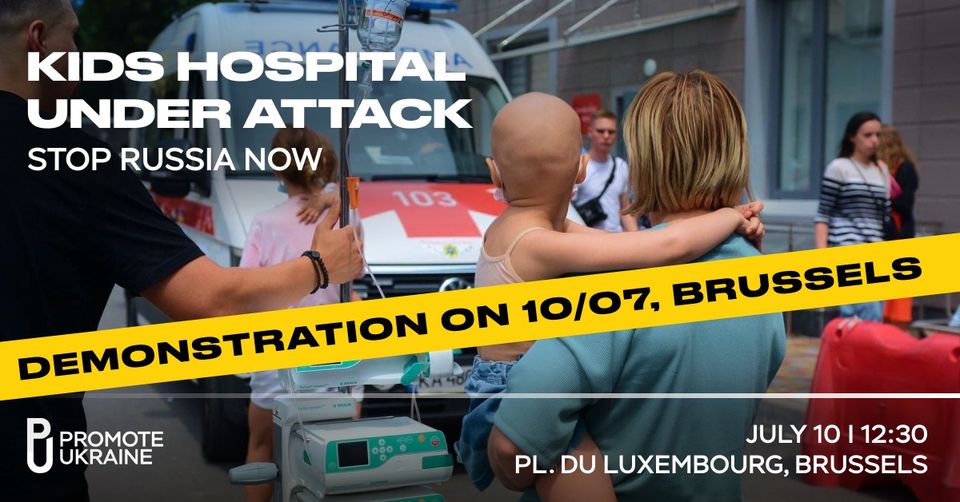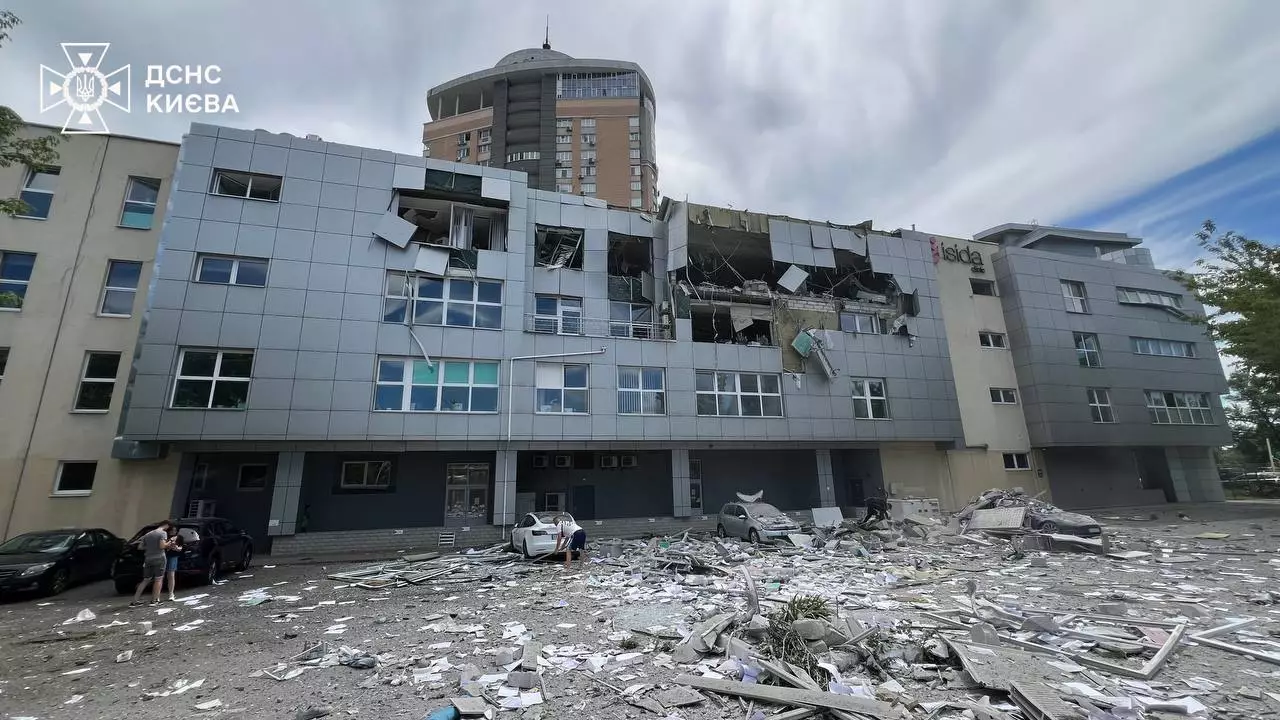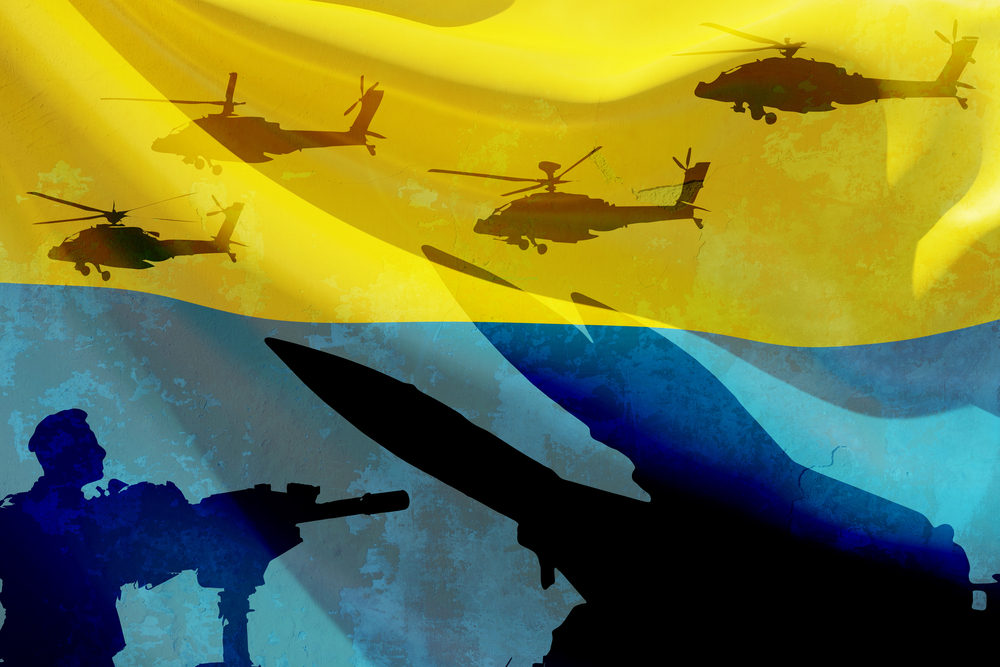The EU should make the sanctions mechanism more effective in order to better protect democracy, in particular regarding Russia and Belarus. That was a message from a video conference on “Defending democracy in Russia and Belarus: a look into a run-up to 2021 parliamentary elections in Russia” organised by the European People’s Party group in the European Parliament, the EU Neighbourhood East Forum, Foundation for Democratic Development and Boris Nemtsov Foundation for Freedom.
Protesters in Russia have taken to the streets primarily because they oppose Vladimir Putin’s regime, not through personal sympathies for Alexei Navalny, many conference participants stressed. “This is the beginning of a general political protest movement whose aim is to change the government. There is no other solution how to demand a change of power. Yes, not everyone supports Navalny, but he is the trigger of the current protests,” said Zhanna Nemtsova, daughter of the murdered Russian opposition leader, co-founder of Boris Nemtsov Foundation and journalist.
The conference participants said that the protesters had become much younger, with mostly young people in their 20s and 30s taking to the streets. Sociologist Denis Volkov, deputy director at the Levada Center in Moscow, spoke about the changes in public sentiment that led to the protests. He pointed to falling incomes and a worsening economic situation, but first of all to the pension reform of 2018, which many consider unfair and which “opened the floodgates, increased protest moods. By default, people do not think that the authorities do what they want,” said Volkov.
He stressed that in Russian society there is an obvious divide between young and elderly people: the latter still rely on the state. There is also a division between those who use social networks and those who watch television, which is controlled by the authorities. According to this sociologist, 30 to 50 per cent of Russians disagree with the Kremlin’s policies for various reasons. Volkov believes that Navalny, as one of the brightest opposition politicians, is interesting because he talks about the future.
Russian municipal deputies and activists who attended the event pointed out that the main challenge now is to restore people’s faith in the elections and convince them to come to the polls. Only then voters will be able to influence the results, which with high turnout will be harder to falsify.
Sergei Medvedev, a professor at the Free University in Moscow, a political scientist and journalist, said there are now 12,000 detainees in Russia – a record number to date. According to him, at the beginning of this year, we see a clear picture of two dictatorships – Russian and Belarusian. “Moscow has moved to Minsk,” Medvedev jokes bitterly. “Will Putin grow Lukashenka’s moustache soon?” asked opposition Belarusian politician and director of the European Dialogue Centre Anatol Labiedźka. His compatriot Volha Kavalkova, activist and co-chair of the unregistered Belarusian Christian Democracy party, said that irreversible processes were underway in both countries and that it was necessary to think how to use opportunities together, including in the international arena. “We are not in a stalemate and not in a freeze, but in a pre-final start. Our task is to hold new elections without violence, in which Lukashenka will not be among the candidates… It’s important that our topic is not left off the agenda in Europe and the United States»,- said Franak Viačorka, advisor to the Belarusian opposition leader Sviatlana Tsikhanouskaya. “Unlike Russia we have already won the elections, we know that we have the majority.”
Participants in the online debate emphasised that the protests in Belarus had given courage to Russian activists. At the same time, opposition figures from both countries point out that some support and reaction from the West is needed, including extended sanctions against individual officials. “We are counting on the support of European partners and the Biden administration. Civil society, of course, should be the main pillar. But if the Western partners want to support us, they should do it bolder,” said Anatol Kotau, a representative of the National Anti-Crisis Management, a body of the Belarusian opposition. He is a former official and diplomat who left the Belarusian civil service in August last year because he disagreed with the authorities’ policy towards the demonstrators. Marsel Shamsutdinov from Kazan, a representative of the Democratic Alternative movement, agrees with him: “As for support from the European Union, I can say this: of course, we will manage ourselves, but in a generation… Targeted sanctions should be introduced against the second echelon of power – governors and their deputies, who do not authorize the holding of rallies and arrest journalists. Sanctions will undermine the foundation of the authoritarian system.
“People in Belarus and Russia want democratic change, free elections to express their opinions. The Lukashenka regime and the Putin regime are similar. Brutality and human rights violations are taking place at such a level that new sanctions and new tools are needed to protect the rights of Belarusian and Russian citizens”, according to Andrius Kubilius, the Lithuanian MEP from the EPP Group, Co-President of the Euronest Parliamentary Assembly.
German MEP Michael Gahler (EPP Group) agrees with him: “We need a broader list of sanctions, and the so-called ‘European Magnitsky Act’ should be applied. The new package should also include Belarusian entrepreneurs (involved in the suppression of protests – ed.). I hope that the mood in my country Germany will also change regarding the sanctions for the Nord Stream 2 gas pipeline.”
French MEP Bernard Guetta (Renew Europe Group) also spoke about the need for targeted sanctions, whilst German « green » MEP Viola von Kramon-Taubadel emphasised that she and her fellow parliamentarians were really trying to put pressure on EU member states about sanctions. Sergey Lagodinsky, a German MEP from Group of the Greens, explained the situation:
“We are doing our best to find ways to influence our Russian partners. It is very difficult to impose sanctions, we can demand it… but the initiative has to come from the EU countries. The sanctions now need too much legislation, so to speak, but they should become political ones. Wishes and visions are not always quickly achievable.”
In general, the MEPs present at the debate expressed unequivocal support for the democratic steps in Belarus and Russia. “Thank you for your fight for freedom. It’s not only your freedom but our freedom, our fight against the dictatorship in Europe… Your propaganda says that we in the European Union are Russophobes. But the biggest Russophobe is Putin, he is afraid of his own people who want to talk about freedom,” said Rasa Juknevičienė, a Lithuanian MEP (EPP Group).
And her fellow MEP Jerzy Buzek from Poland who was once one of the leaders of the Solidarity movement, looked at the events in Belarus and Russia in historical perspective: “I remember that in my own country four decades ago we had very similar situations… We should never forget what it means to live in a democratic country. We should value this from inside. We are absolutely with you, also in the future.”
Natalia Richardson






 UA
UA FR
FR DE
DE




